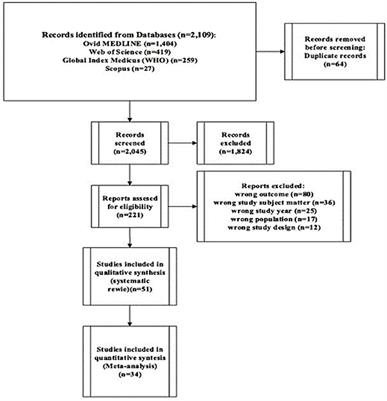REVIEW
Published on 21 Mar 2025
What is known about Indigenous women’s dissatisfaction of Birthing experiences in mainstream maternity hospitals in Australia, Aotearoa, Canada, US, Kalaallit Nunaat and Sápmi? A systematic scoping review
doi 10.3389/fpubh.2025.1495197
- 798 views

